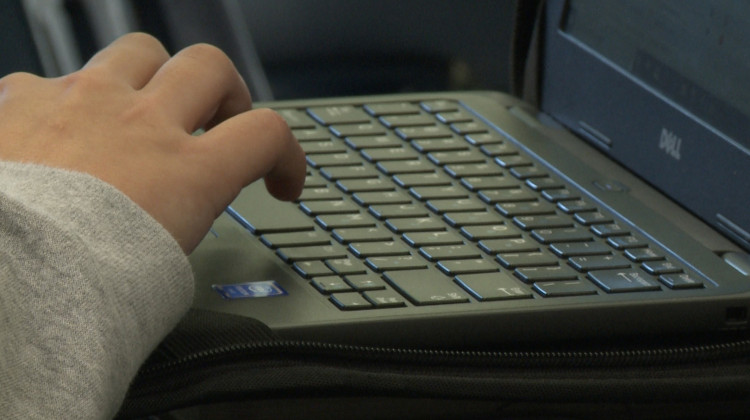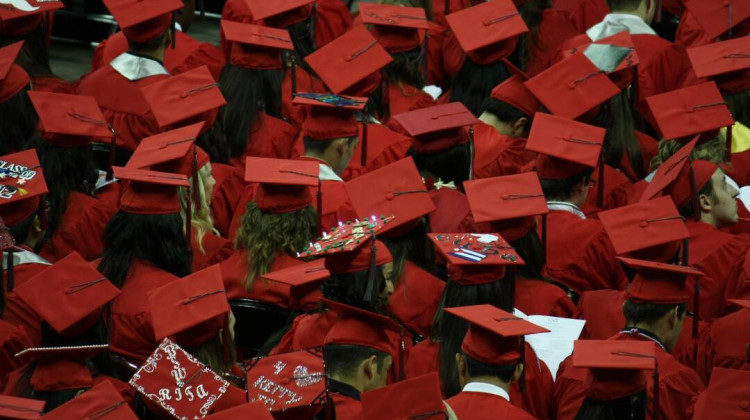Two virtual charter schools will close after reaching an agreement with their school district authorizer. One plans to close this fall, while the other will close after the upcoming school year.
Daleville Community Schools authorized Indiana Virtual School and Indiana Virtual Pathways Academy. But earlier this year the district threatened to revoke the virtual schools’ charters after claiming they failed to educate hundreds of enrolled kids.
Now, the schools’ operator has agreed to close Indiana Virtual School by the end of September 2019, and Indiana Virtual Pathways Academy by the end of June 2020.
Daleville spokesperson Donna Petraits says the deal will provide better oversight of student services, and offer time for families and students to find alternative options.
“Really this is the best case scenario for the students,” she says.
The Daleville school board approved the agreement at a meeting this week. Petraits says it will offer more oversight than if the district had revoked the schools’ charter agreements outright.
The deal requires more information sharing on basic operations like student to teacher ratios, students’ individual plans, and financial data. It also requires the schools to comply with any written data request made by the school district. If the school fails to meet the terms of the deal, Petraits says the district will move toward a quicker more abrupt timeline for the school’s closure.
“This arrangement makes sure there is a closing protocol that provides a great deal more accountability,” she says.
Part of the agreement also says Daleville will effectively pay back hundreds of thousands of dollars in authorization fees miscalculated by the schools. Petraits says there may be investigations into the schools’ operations and state funding later on, but those will be conducted through state agencies, not the district. The deal also says the group behind the schools will not be able to reopen them with a new authorizer.
Petraits says overall, the situation was largely caused by a lack of state regulations and data available to the authorizer. She says the district hopes this situation prompts more regulation and state policy about authorization and the data available on virtual charter schools.
 DONATE
DONATE








 Support WFYI. We can't do it without you.
Support WFYI. We can't do it without you.